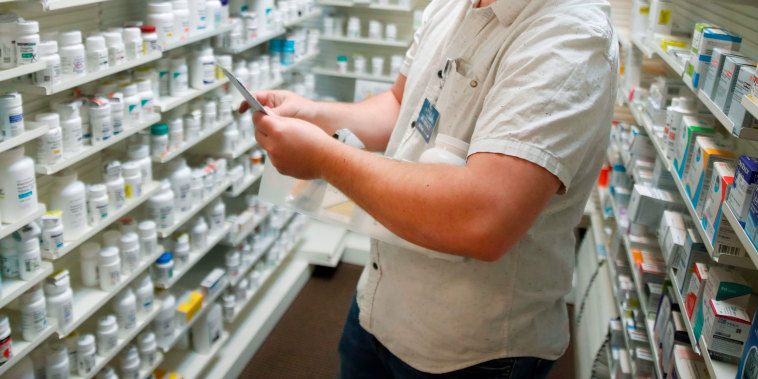As the coronavirus pandemic stretches on, pharmacists across the country are growing increasingly frustrated. With many of them feeling underappreciated and underpaid, these healthcare professionals are considering taking the rare step of a strike.
This potential protest is being organized by the National Pharmacists Association (NPA), a trade organization for pharmacies that represents over 22,000 independent and chain pharmacies. The NPA has been attempting to negotiate a pay raise with the major pharmacy benefit managers, CVS, Rally, Express Scripts, Optum, and Prime Therapeutics, for over a year, without success.
The pharmacists are feeling let down and want their work to be respected. They are responsible for filling prescriptions, providing counseling and advice about medications, and generally ensuring that customers receive the proper medications at the correct dose and directions. To do this, they often have to manage a hectic workload of long hours, overbearing regulations, and a lack of recognition from employers.
In response, the NPA is urging pharmacists to participate in a nationwide strike to demonstrate their worthiness in the medical field. If the strike is successful, it could go a long way toward pressuring the pharmacy benefit managers to negotiate better compensation packages.
Pharmacists have been deeply affected by the pandemic and their call for better pay is a plea to be properly compensated for their hard work and dedication. Many are hoping that this protest will be the wake-up call employers need to take these professionals’ wage demands seriously.
It remains to be seen how the pharmacy benefit managers will respond to this potential strike and, ultimately, how the negotiations will turn out. Either way, this protest is a testament to the resilience of healthcare professionals and their dedication to their craft. Pharmacists deserve to be fairly compensated for the important role they play in our health care system, and that’s why a strike is both a legitimate and necessary step.
